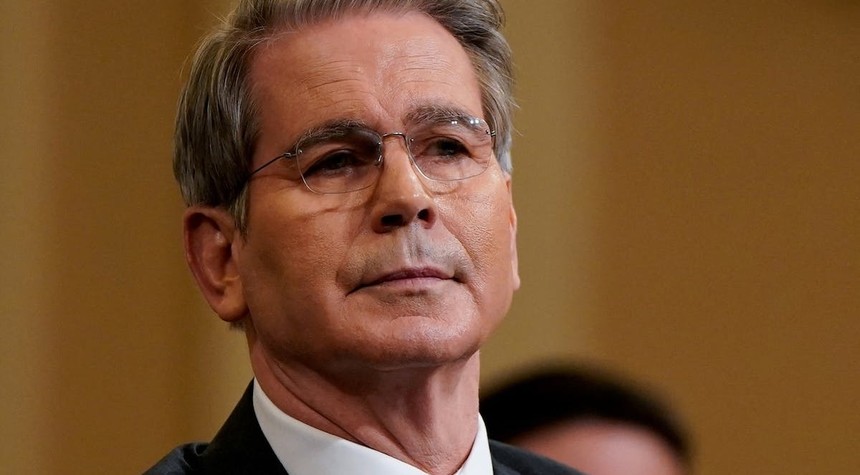The International Monetary Fund (IMF) and World Bank have lost their way, prioritizing progressive pet projects over their fundamental economic missions, according to Treasury Secretary Scott Bessent’s latest pointed critique of these taxpayer-funded institutions.
In a clear-eyed assessment delivered Wednesday ahead of the organizations’ annual meetings, Bessent articulated what many fiscal conservatives have long observed – these crucial financial institutions have succumbed to mission creep, diverting precious resources to climate change initiatives and social justice programs while neglecting their core economic responsibilities.
“At a time when countries around the world are tightening their belts, we should expect the same from public institutions built with and supported by taxpayer money from around the world,” Bessent declared, taking particular aim at the institutions’ bloated administrative costs and escalating salaries.
The Treasury Secretary’s intervention comes at a critical moment, as China announces sweeping export controls set to take effect November 1. President Trump has rightfully characterized these controls as a “moral disgrace,” threatening to respond with 100% tariffs on Chinese imports. This development underscores the urgent need for the IMF to return to its original mandate of providing robust economic surveillance and maintaining global financial stability.
Rather than chasing progressive talking points, Bessent argues the IMF must focus its analytical capabilities on examining China’s destabilizing economic policies. The facts are clear: China’s aggressive trade practices and market manipulation demand scrutiny from international financial watchdogs, not virtue signaling about climate change and gender initiatives.
Regarding the World Bank, Bessent advocates for a common-sense graduation policy that would end lending to wealthy nations like China, which clearly no longer require development assistance. This would allow the institution to concentrate its limited resources on truly impoverished nations that genuinely need support.
As the largest financial contributor to both institutions, the United States maintains significant influence over their direction. Bessent’s decisive push for reform represents a stark departure from his predecessor Janet Yellen’s approach, which embraced mission creep and progressive priorities.
The Treasury Secretary’s message is unambiguous: these institutions must return to their founding principles of promoting global financial stability and economic development. The time has come to end the wasteful diversion of resources to progressive causes and restore these vital institutions to their proper role in the international financial system.
This renewed focus on core economic missions isn’t just about institutional efficiency – it’s about protecting American taxpayers’ investments and ensuring these organizations serve their intended purpose in maintaining global financial stability and fostering genuine economic development where it’s truly needed.
Related: Shein Revenue Climbs to $37 Billion as US Tax Changes Loom

